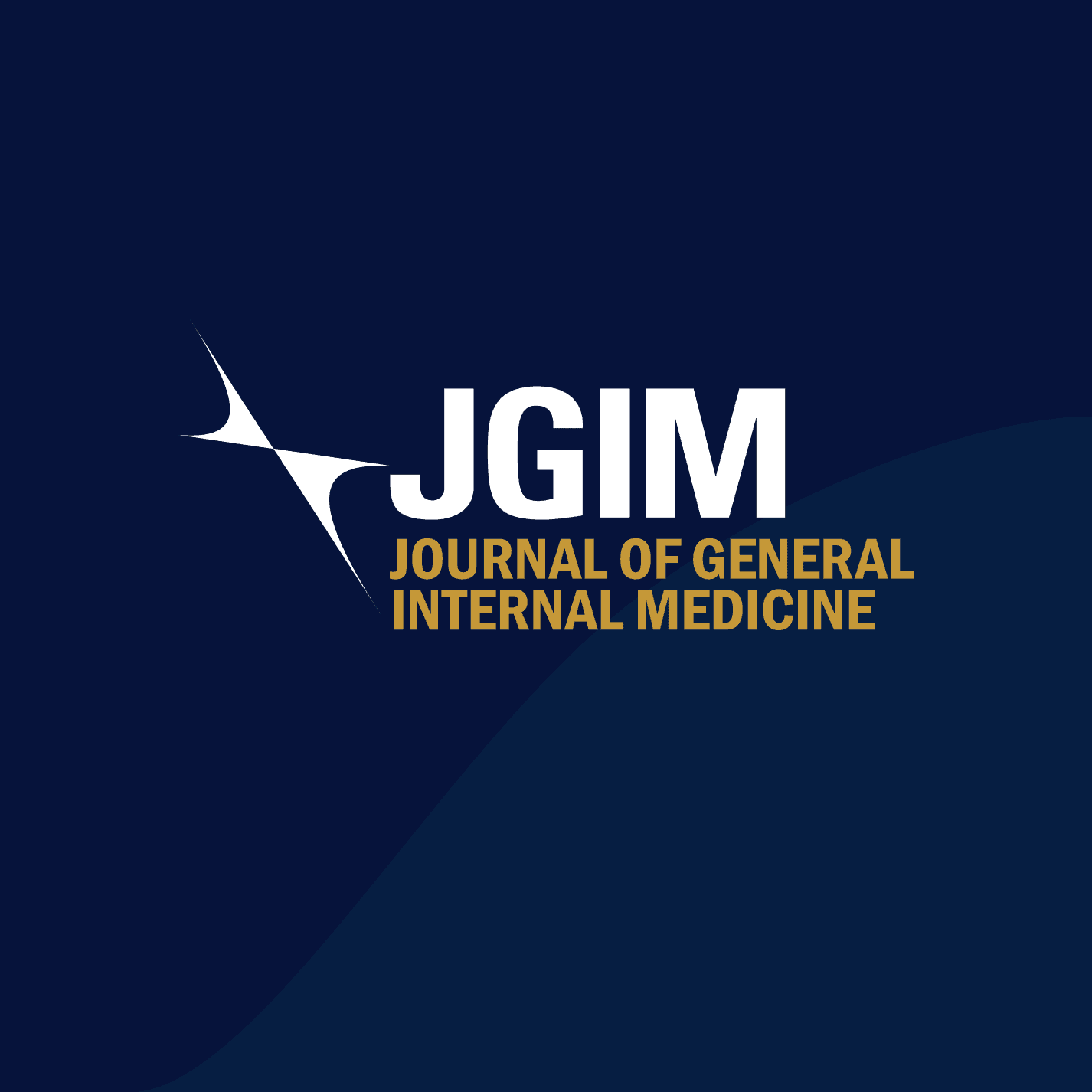Abstract
Background
Many medical schools have incorporated clinical reasoning (CR) courses into their pre-clinical curricula to address the quality and safety issue of diagnostic error. It is unknown how students use concepts and practices from pre-clinical CR courses once in clerkships.
Objective
We sought to understand how students utilize CR concepts from a pre-clinical course during clerkships and to identify facilitators and barriers to the use of reasoning concepts.
Design
We used structured interviews to gain insight into medical students’ experiences with CR concepts in clerkships.
Participants
We interviewed 16 students who had completed a pre-clinical CR course and subsequently completed a neurology, internal medicine, or pediatrics clerkship.
Approach
We used constructivist grounded theory to perform a qualitative analysis and to develop a theoretical model to describe findings.
Key Results
Insights fell into three main areas: (1) CR concept carryover, representing concepts taught in the CR course, such as problem representation, illness scripts, schema, and prioritized differential diagnosis, which were utilized in clerkships; (2) CR concept reinforcers, which included the clerkship setting and supervising physicians who emphasized and provided feedback on CR; and (3) CR concept diminishers, which included time constraints and supervisors who were unfamiliar with or did not reinforce CR concepts.
Conclusions
Concepts taught in a pre-clinical CR course influenced how students prepared for and navigated clinical encounters. Contextual factors both enhanced and inhibited the utilization of CR concepts. Our findings align with social learning theories including social cognitive theory and ecological psychology. This contextual view—taking into account interactions between personal, social, and environmental factors—can help educators integrate CR education from the classroom to the clinical setting.
Topic
JGIM, Medical Education, Research
Author Descriptions
Department of Medicine, Baylor College of Medicine, Houston, USA
Shradha A. Kulkarni MD
Department of Medicine, University of California San Francisco, San Francisco, USA
Gurpreet Dhaliwal MD, Arianne Teherani PhD & Denise M. Connor MD
Medical Service, San Francisco VA Medical Center, San Francisco, USA
Gurpreet Dhaliwal MD & Denise M. Connor MD
Share
Related Articles
Clinical Utility of Routine Monoclonal Gammopathy Testing in the Evaluation of Peripheral Neuropathy
Abstract Background Peripheral neuropathy can be associated with certain monoclonal gammopathies; therefore,…
Starting Two or More Drugs Concurrently in Primary Care: How Often Is It Done, How Often Is It Needed?
Abstract Background There is growing awareness of the need for more cautious,…


